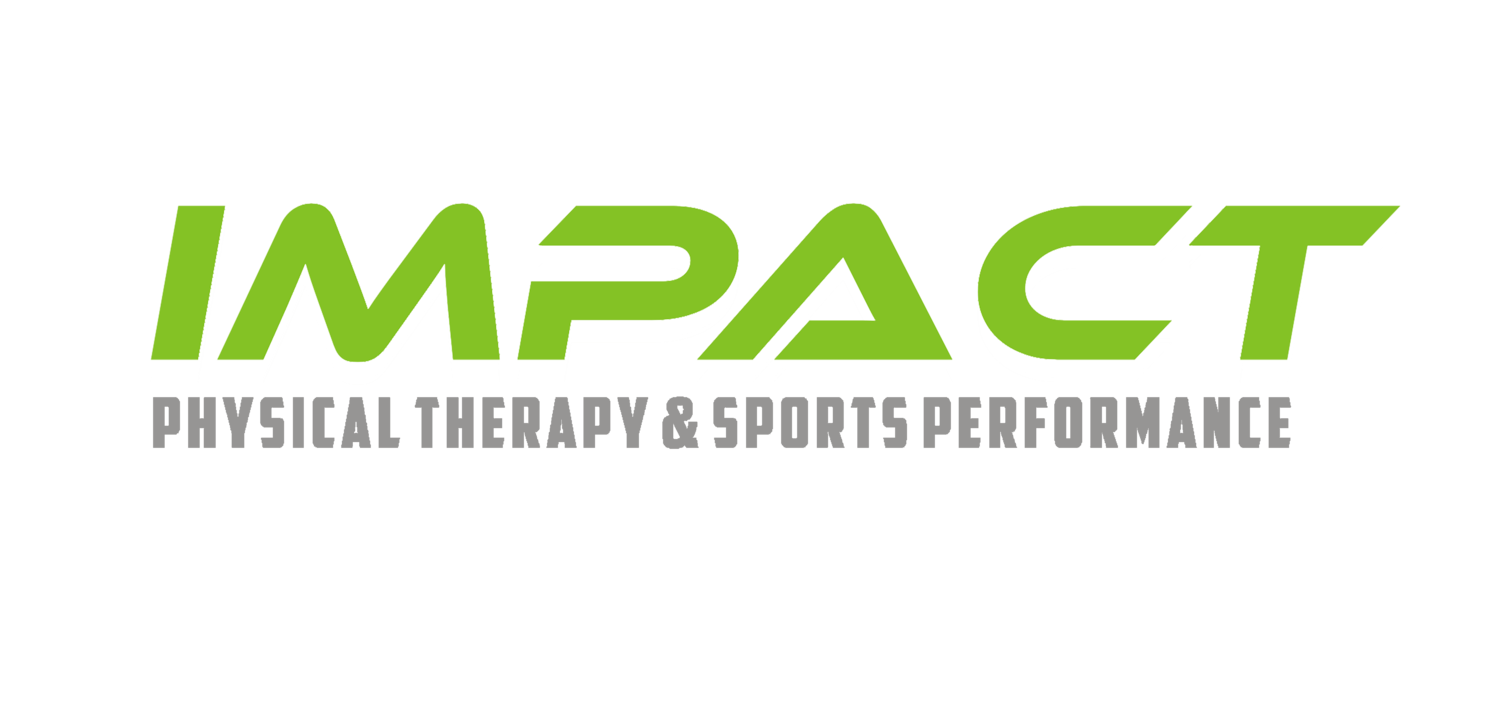Pinched Nerve in the Lower Back
Experiencing a pinched nerve in the lower back can be more than just a discomfort; it can significantly impact your daily life. At Impact Physical Therapy and Sports Performance, we specialize in addressing such conditions with expert care and tailored treatment plans. In this article, we'll explore what it means to have a pinched nerve in your lower back, its common causes, symptoms, and effective treatment strategies.
What is a Pinched Nerve in the Lower Back?
A pinched nerve occurs when there's excessive pressure applied to a nerve by surrounding tissues, such as bones, cartilage, muscles, or tendons. In the lower back, this condition is often associated with spinal issues like herniated discs, degenerative disc disease, or spinal stenosis.
Common Symptoms of a Pinched Nerve
Symptoms of a pinched nerve in the lower back can vary but typically include:
Sharp or burning pain, which may radiate outward
Numbness or decreased sensation in the area supplied by the nerve
Tingling, "pins and needles" sensations (paresthesia)
Muscle weakness in the affected area
Pain that worsens with certain movements or activities
Causes and Risk Factors
Several factors can contribute to a pinched nerve in the lower back, such as:
Herniated or bulging discs
Bone spurs
Spinal stenosis (narrowing of the spaces within your spine)
Arthritis or wear and tear on the spine
Repetitive motions or overuse
Obesity, which can add stress to the spinal structures
Poor posture or prolonged sitting
Diagnosis and Treatment
At Impact Physical Therapy and Sports Performance, our approach to diagnosing a pinched nerve involves a comprehensive physical examination and, if necessary, imaging tests. Treatment options may include:
Physical Therapy: Targeted exercises and stretches to alleviate pressure on the nerve, strengthen the back muscles, and improve flexibility and posture.
Manual Therapy: Techniques like massage or spinal manipulation to relieve tension and improve spinal alignment.
Lifestyle Modifications: Guidance on posture, ergonomic adjustments, and activity modifications to relieve symptoms and prevent recurrence.
Pain Management: Techniques like heat/cold therapy, electrical stimulation, or ultrasound therapy can be used for symptom relief.
Home Remedies and Self-Care
In addition to professional treatment, there are several ways you can manage a pinched nerve at home:
Rest the affected area, but avoid prolonged inactivity.
Apply ice and heat alternately to reduce inflammation and alleviate pain.
Engage in gentle stretching exercises as recommended by your physical therapist.
Prevention Tips
Preventing a pinched nerve in the lower back involves maintaining good spinal health:
Stay active and maintain a healthy weight.
Practice good posture.
Lift objects correctly, using your legs instead of your back.
Incorporate strength and flexibility exercises into your routine.
A pinched nerve in the lower back doesn't have to put a pause on your life. With the right approach, including professional physical therapy and self-care strategies, you can effectively manage and overcome this condition. At Impact Physical Therapy and Sports Performance, we're dedicated to guiding you through a recovery journey tailored to your needs.
Suffering from a pinched nerve in your lower back? Don’t let pain hold you back. Contact us today at Impact Physical Therapy and Sports Performance for a personalized treatment plan and start your journey to recovery.

